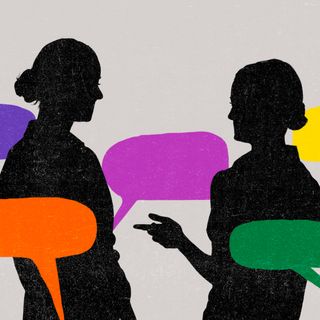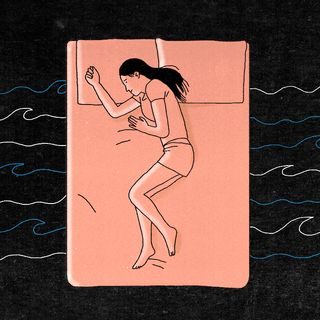Scientists have established that consuming coffee in moderation doesn’t speed up people’s heart rates — contrary to popular belief about increased heart palpitations due to caffeine intake.
Published inJAMA Internal Medicine yesterday, the study analyzed data on coffee consumption of more than 3,86,000 people and compared it to rates of heart arrhythmia, or irregular beating of the heart. While 17,000 of the participants did develop problems with their heart rhythm during the next 4.5 years, scientists couldn’t find any correlation between their coffee consumption and heart health.
“There is absolutely some unsubstantiated dogma that coffee can cause arrhythmia,” Zachary Goldberger, an associate professor of cardiovascular medicine at the University of Wisconsin-Madison in the U.S., who wasn’t involved in the research, said while commenting on the study.
Symptoms of arrhythmia include pounding in the chest, fainting spells, anxiety, chest pain or pressure, and in some cases, a heart attack.
The link between caffeine and heart rate works something like this: caffeine in high doses raises levels of adrenalin (also known as epinephrine) in our blood. “In pure forms, epinephrine can increase blood pressure, increase the contractility or force of the heart, and mildly increase the heart rate,” experts note. But the present findings argue that an extra cup of coffee has little effect on heart arrhythmia.
“I think we could tell our patient that coffee doesn’t place people at higher risk of heart rhythm disturbances,” Goldberger noted.
Related on The Swaddle:
One Glass of Alcohol a Day Raises Risk of Irregular Heartbeat By 16%: Study
Interestingly, the present study found that every additional cup of coffee a person drinks daily might lower their risk of arrhythmia by about 3%.
In fact, a 2019 study, which solely included male participants, had found that men who drank between one and three cups of coffee every day had a 15% lower risk of atrial fibrillation (the most common form of arrhythmia) compared to men who never, or rarely ever drank coffee. Similar studies focusing on female participants, too, found that consuming moderate amounts of coffee slightly lowered the risk of atrial fibrillation
Researchers suggest “antioxidants in coffee… improve cardiovascular health” and may be responsible for a positive impact on heart health. However, experts behind the 2019 study believe the benefits to be “modest at best.”
Moreover, since experts don’t quite know exactly how coffee may benefit heart health, and how widespread the benefits can be — Goldberger cautioned that they require further investigation before practitioners can apply the findings while advising patients.
Moreover, the findings varied with demographics, lifestyle habits (for instance, if someone takes a lot of sugar or milk with their coffee), and preexisting conditions. “I think the bottom line, based on these findings, is that coffee may not cause arrhythmias, but it doesn’t necessarily protect against them either,” he noted.
In conclusion, the researchers noted “the majority of people, even those with arrhythmias, should be able to enjoy their cup of coffee, and maybe, there are some people for whom caffeine or coffee may actually help reduce their risk.”




